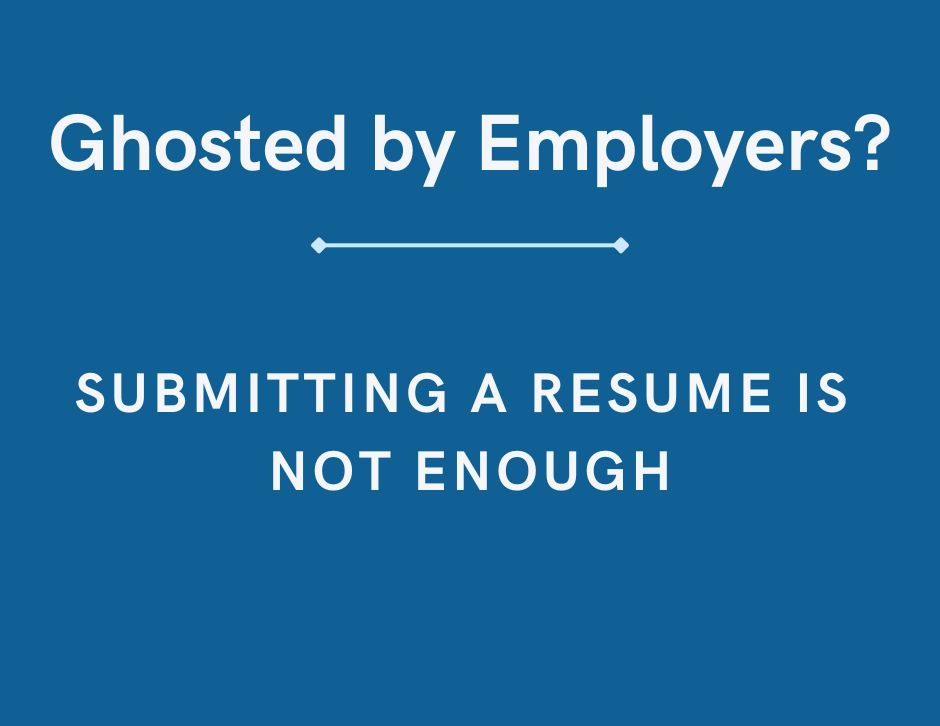Top Strategies for Negotiating Salary Offers
- Karen Suarez

- Jun 30, 2024
- 2 min read
Updated: Jul 1, 2024
Negotiating salary offers is a pivotal moment in anyone’s career journey. It’s a delicate dance where your professional worth meets the employer’s budget constraints. While this can be daunting, understanding when it’s possible and when not can make a significant difference in the outcome. This knowledge empowers you and can often lead to a successful negotiation. Employers will often understand this request once they make you an offer.

When It’s Possible to Negotiate
Demonstrated Value: If you can clearly articulate how your skills, experience, and potential contribute to the company’s success, you’re in a solid position to negotiate. Employers are often willing to pay more for candidates who can directly impact their bottom line or bring unique expertise.
Flexibility in Budget: Companies sometimes have a range rather than a fixed number for a position. If they offer you the lower end of this range, there’s potential to negotiate towards the higher end, especially if you can justify why you belong there.
Benefits and Perks: Salary negotiation isn’t just about the base pay. Consider negotiating for additional benefits such as bonuses, stock options, extra vacation days, or professional development opportunities. These can sometimes be more flexible than the base salary.
Effective Approaches
Before Asking to Negotiate
Conduct Your Research: Knowledge is power. Investigate industry standards and comparable salaries for the role in your geographic area. This will show your expectations are based on data and fairness. Salary.com is a valuable tool.
Practice: Rehearse your negotiation points to build confidence.
Throughout the Negotiation Process
Focus on Value: Emphasize how your skills align with the company’s goals and how you can contribute to its success.
Be Professional and Polite: Negotiations are a discussion, not a confrontation. Maintain a positive and respectful tone.
Listen Actively: Understand the employer’s concerns and be ready to address them constructively.
Flexibility and Compromise: Remain open to discussing benefits, bonuses, stock options, or other non-salary components of the compensation package. This flexibility can often lead to a more comprehensive and satisfying outcome.
After the Negotiations
Evaluate the Offer: Consider the entire compensation package, not just the salary.
Accept or Counter: Decide whether to accept the offer, negotiate further, or politely decline if it doesn’t meet your expectations.
When Negotiation is Sometimes Not Feasible
Strict Budget Constraints: Some companies have rigid salary bands or fixed budgets for specific roles, leaving little room for negotiation. In these cases, attempting to negotiate may yield negative results and signal a misunderstanding of company policies.
Non-Negotiable Offers: Negotiation may be entirely off the table in industries with established pay scales or positions where union agreements or government regulations dictate salary.
Lack of Justification: Employers are less likely to entertain negotiations if you can’t effectively justify why you deserve a higher salary—whether through experience, skills, or demonstrated value. It’s essential to make a compelling case based on objective criteria.
Organizational Policies: Smaller firms or startups may have limited financial flexibility.
Negotiating your salary is essential to influencing the trajectory of your career. You can effectively manage this by understanding your market worth, considering company constraints, and thoroughly preparing.
Contact me if you would like to schedule a free phone consultation.



Comments